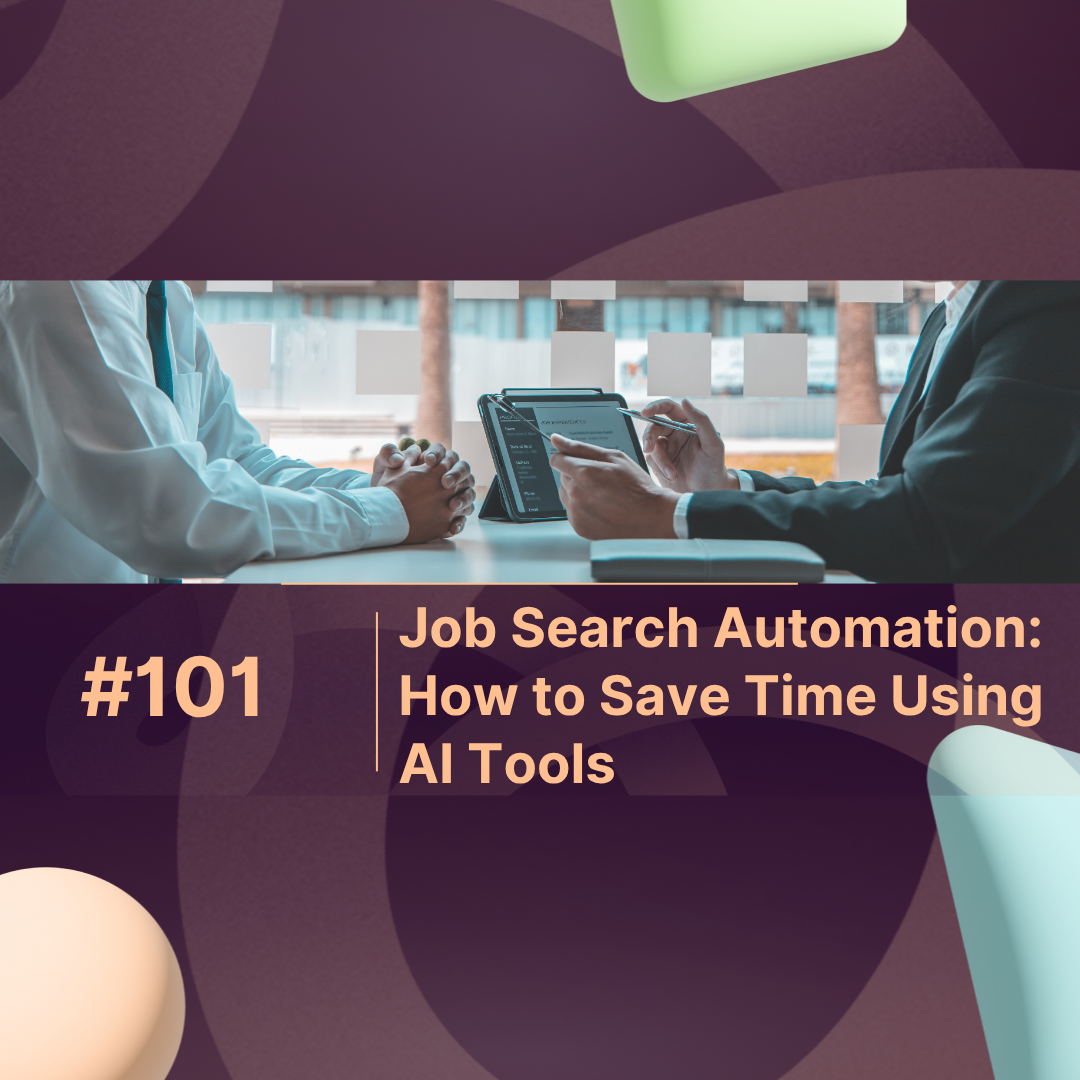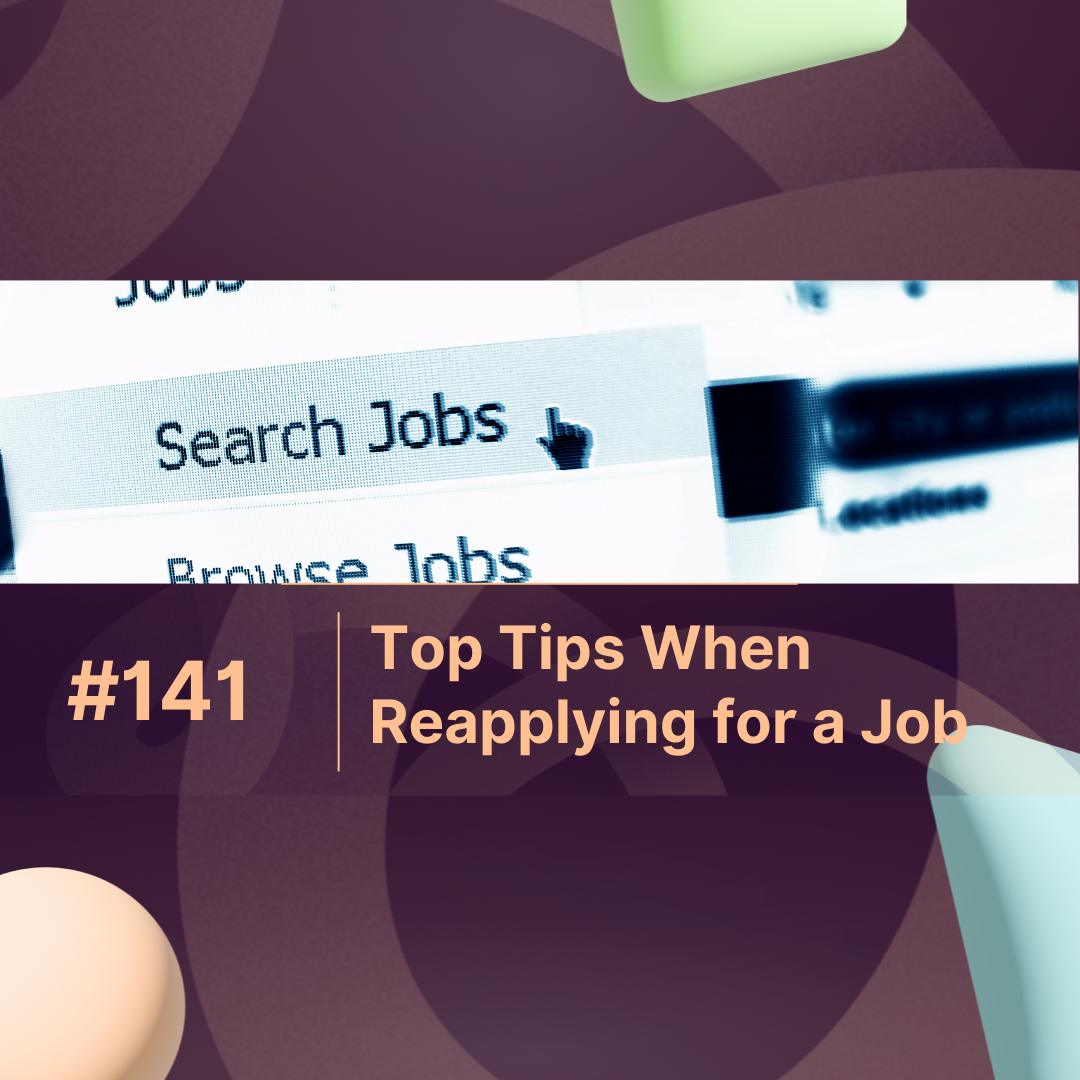Overview
Finding the right job can feel like a full-time job itself. From tailoring resumes to tracking applications, job seekers spend an average of 11 hours per week managing the process manually.
Thanks to job search automation, powered by advanced AI tools, you can now simplify and speed up every stage from discovery to application while improving results.
This guide explains how automation works, what tools to use, and how platforms like MaxProfile make the process smarter and more personal.
What Is Job Search Automation?
Job search automation means using AI-powered software to handle repetitive and time-consuming job-hunting tasks. Instead of manually scanning hundreds of listings or rewriting the same cover letter, AI systems identify the best-fit opportunities, customize documents, and even submit applications automatically.
How It Works
-
Job Matching Algorithms: AI filters openings based on your skills, experience, and preferences.
-
Resume Optimization: Tools analyze job descriptions and adapt your resume for each application.
-
Application Tracking: Automation organizes your submissions and updates statuses in real time.
-
Smart Alerts: Receive instant notifications for new roles that match your goals.
Why Automate Your Job Search?
Automation saves time, improves accuracy, and increases your chances of landing interviews. Here’s a quick comparison:
| Task | Manual Process (avg. time/week) | With Job Search Automation | Time Saved |
|---|---|---|---|
| Finding Relevant Jobs | 4 hrs | 1 hr | 75% |
| Customizing Resumes | 3 hrs | 45 mins | 75% |
| Submitting Applications | 2 hrs | 30 mins | 75% |
| Tracking & Follow-ups | 2 hrs | 30 mins | 75% |
| Total | 11 hrs | 2.5 hrs | ≈77% faster |
That’s nearly a full working day reclaimed every week!
Top AI Tools for Job Search Automation
Below are some leading solutions helping professionals transform how they look for jobs.
1. AI Resume Builders
Tools like Rezi and Kickresume automatically analyze job descriptions and tailor resumes for specific keywords—improving ATS (Applicant Tracking System) compatibility.
2. Job Aggregators with AI Filters
Modern job boards use machine learning to surface only the most relevant roles. Platforms such as LinkedIn Jobs and Indeed’s Smart Recommendations adjust suggestions based on your browsing behavior.
3. Application Management Dashboards
Software like Huntr or Notion templates powered by automation APIs help organize job leads, interviews, and notes—ideal for tracking dozens of applications efficiently.
4. AI Career Platforms (like MaxProfile)
Platforms such as MaxProfile combine personal branding tools with automation. They can analyze your skills, rewrite your bio, and automatically connect you with recruiters in your field. You still control the process, but AI does the heavy lifting behind the scenes.
Benefits of Job Search Automation
1. Saves Time and Effort
You can apply to more positions in less time without compromising quality.
2. Increases Job-Fit Accuracy
AI systems use skill-based matching instead of just keyword scanning, resulting in more relevant opportunities.
3. Improves Resume Visibility
Automated optimization ensures your application passes through ATS filters effectively.
4. Reduces Stress
Automation minimizes repetitive work, helping you stay focused on interview preparation and personal growth.
5. Enhances Networking
Some AI tools even suggest LinkedIn connections or recruiter introductions based on your job preferences.
Best Practices to Use Job Search Automation Effectively
-
Customize Settings: Fine-tune filters to target only relevant roles.
-
Keep Information Updated: Regularly refresh your skills, certifications, and preferences.
-
Review Before Applying: Automation speeds up tasks, but final human review ensures accuracy and tone.
-
Track Results: Measure your response rate and adjust your strategy every few weeks.
-
Stay Ethical: Avoid spam-like mass applications; focus on genuine opportunities.
The Human Touch Still Matters
While automation can handle the heavy lifting, success still relies on authenticity. AI can draft an application, but only you can communicate your passion, story, and cultural fit.
That’s why tools like MaxProfile merge automation with personalization—helping professionals save time while showcasing what makes them unique.
Conclusion
In a world where opportunities move fast, job search automation is no longer optional—it’s essential. By leveraging AI tools, you can save up to 77% of your time, improve job matching accuracy, and stay one step ahead in your career journey.
Whether you’re a recent graduate or a seasoned professional, smart automation ensures that technology works for you, not the other way around.
Frequently Asked Questions
1. How does job search automation actually work?
AI tools analyze your skills and preferences, match them with live job postings, and can even personalize resumes or submit applications automatically.
2. Is job search automation safe to use?
Yes—reputable platforms use secure APIs and encryption to protect user data. Always choose trusted providers and review privacy policies.
3. Can AI tools guarantee I’ll get a job?
No tool can guarantee a job, but automation increases visibility, efficiency, and interview opportunities by helping you target the right roles faster.
4. What are the best free AI tools for job seekers?
Free options include ChatGPT for resume drafting, Huntr for tracking applications, and LinkedIn Jobs with Smart Filters for automated role discovery.
5. How can I combine automation with personal networking?
Use automation to manage routine tasks, then spend saved time on human interactions—like reaching out to recruiters or attending virtual events.



